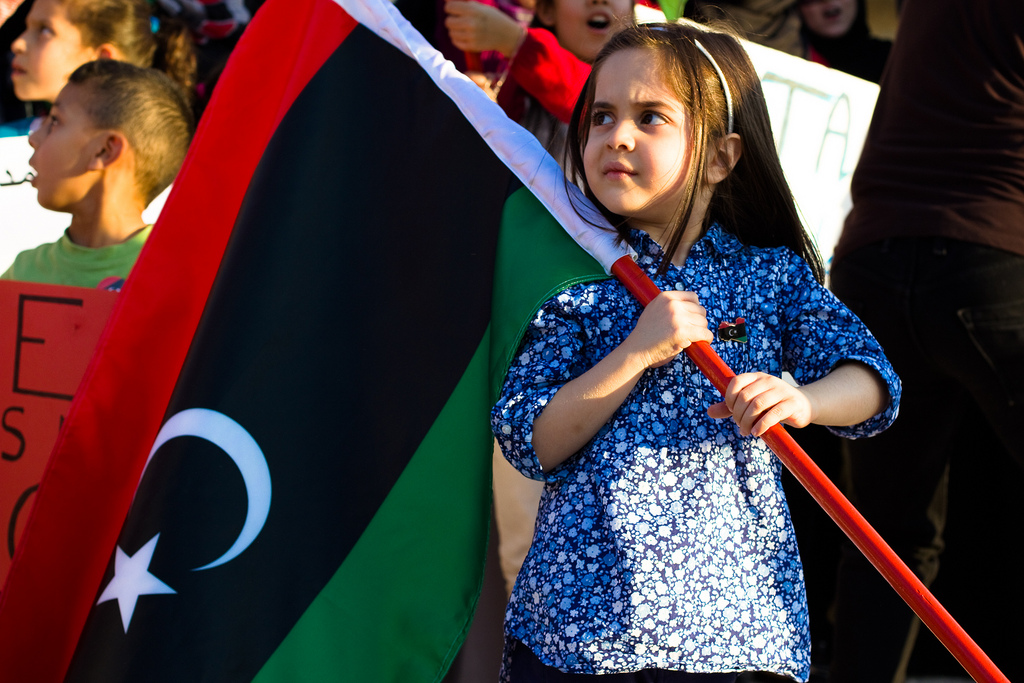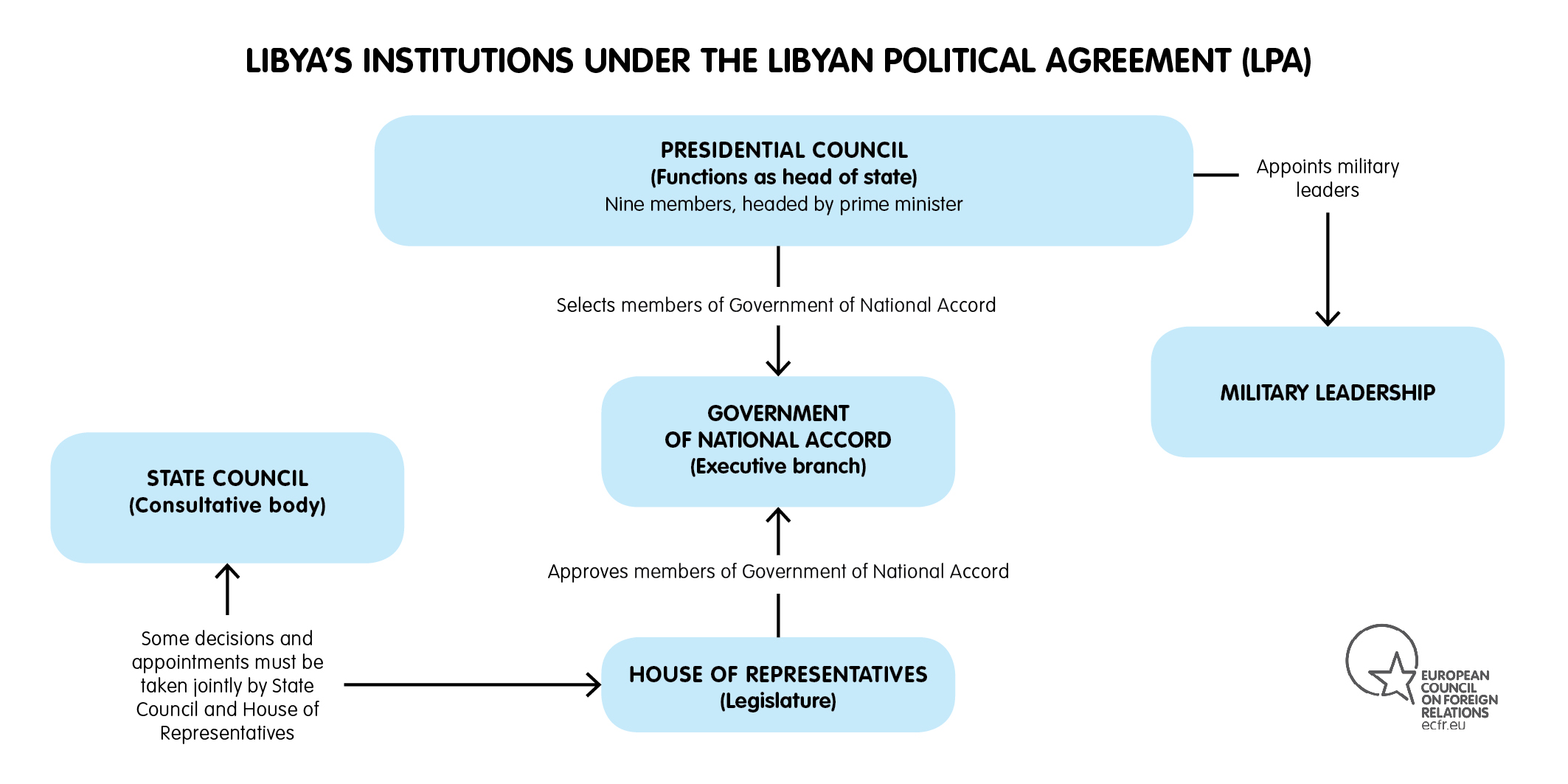 Image courtesy of Omar Chatriwala on Flickr
Image courtesy of Omar Chatriwala on Flickr
Libya: The Path Toward Stability and Democracy
Overview
A recent political deadlock in Libya has stalled the recovery of a nation that has been mired in brutal internal conflict since the death of Muammar al-Qaddafi and the dissolution of his government in 2011. The failure of the Libyans to reach an accord has made western powers nervous and reluctant to assist the nation with its democratic rebirth.
Relevant Political Actors
- The General National Congress (GNC) was the primary legislative authority of Libya following the conclusion of the initial Libyan Civil War. It was elected in 2012 and was replaced by the elected House of Representatives (HoR) after failing to form a democratic constitution. Formers members, supported by Islamists and armed militias formed a new GNC in Tripoli and declared themselves as the legitimate governing body of Libya. Following this, Libya entered its second civil war. The GNC is not recognized by foreign powers or the elected parliament.
- The House of Representatives is the current legislative branch for Libya. Following the declaration of the GNC in 2014, the HoR fled to the eastern city of Tobruk. The HoR is supported by the Libyan National Army under the command of General Khalifa Haftar. The army has been embroiled in conflict with militias supporting the GNC, and extremist sects that have formed in the east, such as ISIL and Ansar al-Sharia.
- The Government of National Accord (GNA) is an interim government that was born from the UN backed Libyan Political Agreement which was signed in December 2015. The newly formed GNA has become deadlocked due to the HoR’s refusal to endorse the legitimacy of the GNC. The refusal has risen amid fears that many of the HoR’s prominent members will be exiled or prosecuted once the GNA assumes full authority due to sour relations with Islamists and militias in the west.

European Council on Foreign Relations ecfr.eu
The Reluctance of the West
Considering the recent standoff between the GNC and the HoR, as well as the ineptness of the GNA, the U.S. and other western nations have been relatively quiet on vocalizing their concern over the stalled democratic reforms. Perhaps the unwillingness formed from the constant reminder of how easily the civil war in Syria spiraled out of control when foreign intervention reached its pinnacle. President Obama has also publicly weighed in on the current situation in Libya. When asked about his “worst mistake”, Obama bluntly stated “probably failing to plan for the day after, what I think was the right thing to do, in intervening in Libya.” The lack of planning for a post-Gaddafi government by all parties was certainly evident, as it created a vacuum in a struggling nation awash with firepower.
The Militia Doctrine
The vacuum that was created by NATO’s hasty departure quickly created a multitude of well-equipped militias that have become detrimental to Libya’s future. Heavily-armed and well-trained groups with conflicting political loyalties control many of the country’s oil reserves, hindering the nation’s economic prosperity. Others are allied with extremist sects that are intent on rejecting any form of westernized government. Reigning in the militias and integrating them into the army will not only be beneficial for the overall stability of the country, but is key to forging a trustworthy and committed relationship with western nations. Libya could potentially evolve into a crucial U.S. ally in the region, as an economic giant, due to its vast oil reserves, and a fierce contributor for the war on global terrorism.
Revitalizing Our Approach in Libya
So what could be a mutual beneficial policy for the West and Libya, and what can the U.S. do in order to prevent the creation of a Somalia in the Mediterranean? For one, encouraging reformist policies, adherence to legislation passed by the GNA, and progressive education would be vital for the continuance of the nation. Training and advising strong, well-armed, local police forces would be an important aspect in combating daily forced disappearances and reprisal killings. Many of the issues that Libya face today are augmented by the lack of security services throughout the nation, which has seen a sharp increase of violent crime in recent years. Assisting with the implementation of independent courts of law would not only help stabilize social insecurity but would also solidify Libya’s democratic constitutional legitimacy. Above all else, the international community must be resolute in supporting the newly formed GNA, as a political meltdown could have the potential to dissolve Libya into its third civil war.






